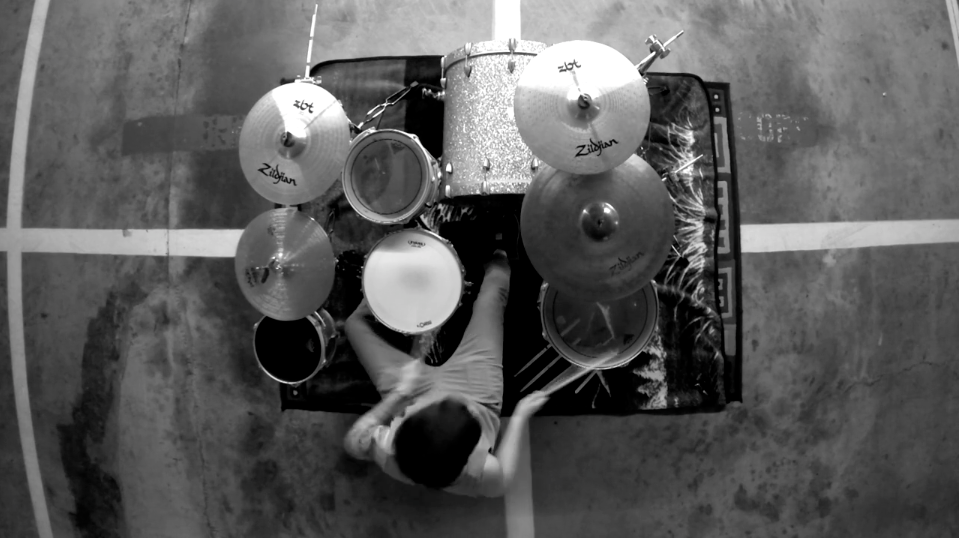Each and every instructor has his or her own unique way and style of teaching. The key to learning and progressing as rapidly as possible is finding a teacher that you can relate to and understand. A good teacher will be able to quickly identify how you learn best, be it visually, audibly, or kinesthetically. Then he or she should adapt the lessons to your personal learning style.
This being said, there are a few basics that will almost always be included in any first lesson as you learn to play the drums. GripAny good teacher will take a few minutes to make sure you have a proper grip and technique. There are three main grips used in drumming:
Playing TechniquesThere are many different playing techniques when it comes to the drums. It is good to try out as many as you can, and see which ones work best for you. Depending on your teacher, you will probably focus on just a few to start as you learn to play the drums. Techniques can take a long time to master, but substantial progress can be realized quickly with daily repetition. Getting to Know the Drum SetNext your teacher will most likely go around the kit and make sure you are familiar with all the different drums and cymbals, including their names, sounds, and uses. You’ll review how to properly use the pedals, along with foot techniques. Again, there are multiple foot techniques, and they can be used in combinations or by themselves depending on the situation. RudimentsNow you’re ready to start playing! There are 26 essential standard American rudiments as recognized by most drummers and by the Percussive Arts Society. All of them are important and have many uses and applications. Any proper drum instructor will start off with the basic five:
Moving OnThis will most likely conclude your first lesson. If you are a fast learner you may also get to go over some basic counting and timing exercises. Sometimes I will feel out what my students are more likely to be interested in, and give them their next exercise based on that. I may go into accents, which are volume levels known as dynamics, or I may go right into teaching a basic beat. It all depends on the student. The most important thing to remember is that it is not about the destination, it is about the journey. Drums are such an amazing instrument, and they have such a huge depth of possibilities that you can spend your entire lifetime studying them, and still not know everything. That is what I love most. I hope this was helpful, and that you’re no longer nervous about going to your first drum lesson. You can do it! Give yourself a chance and remember that drums are not easy, so don’t beat yourself up if you don’t get it right away. It’s all about practice, patience, and progress — not perfection. Enjoy the journey!
0 Comments
Leave a Reply. |
AuthorLucas Widdes Owner/Creator of D&G$ ArchivesCategories
|

 RSS Feed
RSS Feed